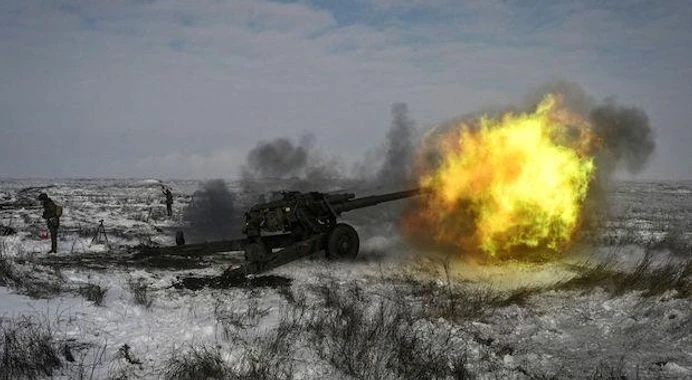Why India's presence in the SCO may undermine China's regional dominance
The conflicting national interest of new members India and Pakistan could serve as roadblocks to SCO's progress

SCO was born two decades ago and was known as ‘Shanghai Five’ with China, Russia, and three newly born Central Asian Republics-Kazakhstan, Kyrgyzstan and Tajikistan. Later, in 2001, Uzbekistan was added, and the Shanghai Five culminated into the Shanghai Cooperation Organisation.
China was facing political instability in Xinjiang province. There was growing discontent among the majority Uighur population (mostly Muslim) of being outnumbered by the growing number of settlers from other parts of China. Xinjiang shares its borders with Kazakhstan and Kyrgyzstan. China had to secure its border, and therefore; adopted a diplomatic strategy of involving the immediate neighbours of the province.
SCO started with two big nations--Russian and China. Over time, however, China left Russia behind and is now a major trading partner with and an investor in most Central Asian Republics, especially members of the SCO. China holds such a strong position today that it now easily aligns its foreign policy initiatives such as One Belt One Road (OBOR) with the SCO agenda.
Russia has been increasingly wary of China’s dominance in the organisation. One of the main reasons it endorsed the entry of new players like India and Pakistan in SCO. India’s membership would bring in a certain degree of equilibrium back, which had tilted over time in China's favour.
With the entry of players like India and Pakistan, who often are at loggerheads, especially on issues like terrorism, trans-region energy supply and infrastructure projects, diverse national interests and priorities may render the SCO ineffective.
Also Read
Don't miss the most important news and views of the day. Get them on our Telegram channel
First Published: Jun 09 2018 | 4:30 PM IST


)